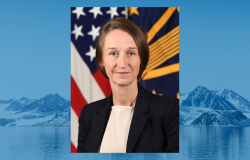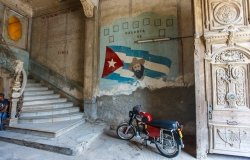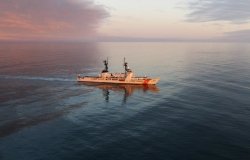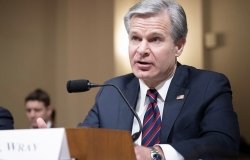Robert Litwak on President Obama's Address on Syria
Robert Litwak analyzes the implications of Syria for Iran’s nuclear challenge
In his address on Syria, President Obama stated that “a failure to stand against the use of chemical weapons would … embolden Assad’s ally, Iran -- which must decide whether to ignore international law by building a nuclear weapon, or to take a more peaceful path.” The emerging conventional wisdom is that the Obama administration’s enforcement of the “red line” with Syria would bolster its ability to address the Iranian nuclear crisis.
But the uncertainty about the Assad regime’s actual use of chemical weapons as a trigger for U.S. action would pale in comparison to the challenge of determining whether Iran has crossed the “red line” of nuclear weaponization. Iran’s mastery of the nuclear fuel cycle creates an inherent hedge for a weapon while preserving the Tehran regime’s fig leaf of deniability about its nuclear intentions. By drawing the “red line” at preventing weaponization, President Obama has signaled that the United States is not going to undertake preventive military action to deny Iran any nuclear hedge option. Iran is progressing along the technological continuum toward weaponization but is unlikely to make a dramatic major move, such as conducting a nuclear test or withdrawing from the NPT, that would openly cross the red line of weaponization.
So long as Iranian progress falls short of overt weaponization, it would be hard for the Obama administration to sustain the case for military action at home or abroad. After Iraq, when flawed intelligence on Saddam’s WMD programs was central to the Bush administration’s case for preventive war, the United States would simply not get the benefit of the doubt. And doubt there would be in the absence of hard evidence of weaponization. That the U.S. “red line” on weaponization pushes off a decision on the use of force is also a reflection, as in Syria, of how unattractive that option would be.
About the Author


Middle East Program
The Wilson Center’s Middle East Program serves as a crucial resource for the policymaking community and beyond, providing analyses and research that helps inform US foreign policymaking, stimulates public debate, and expands knowledge about issues in the wider Middle East and North Africa (MENA) region. Read more










